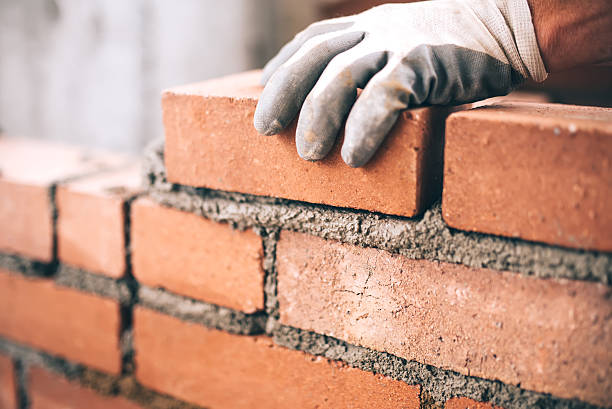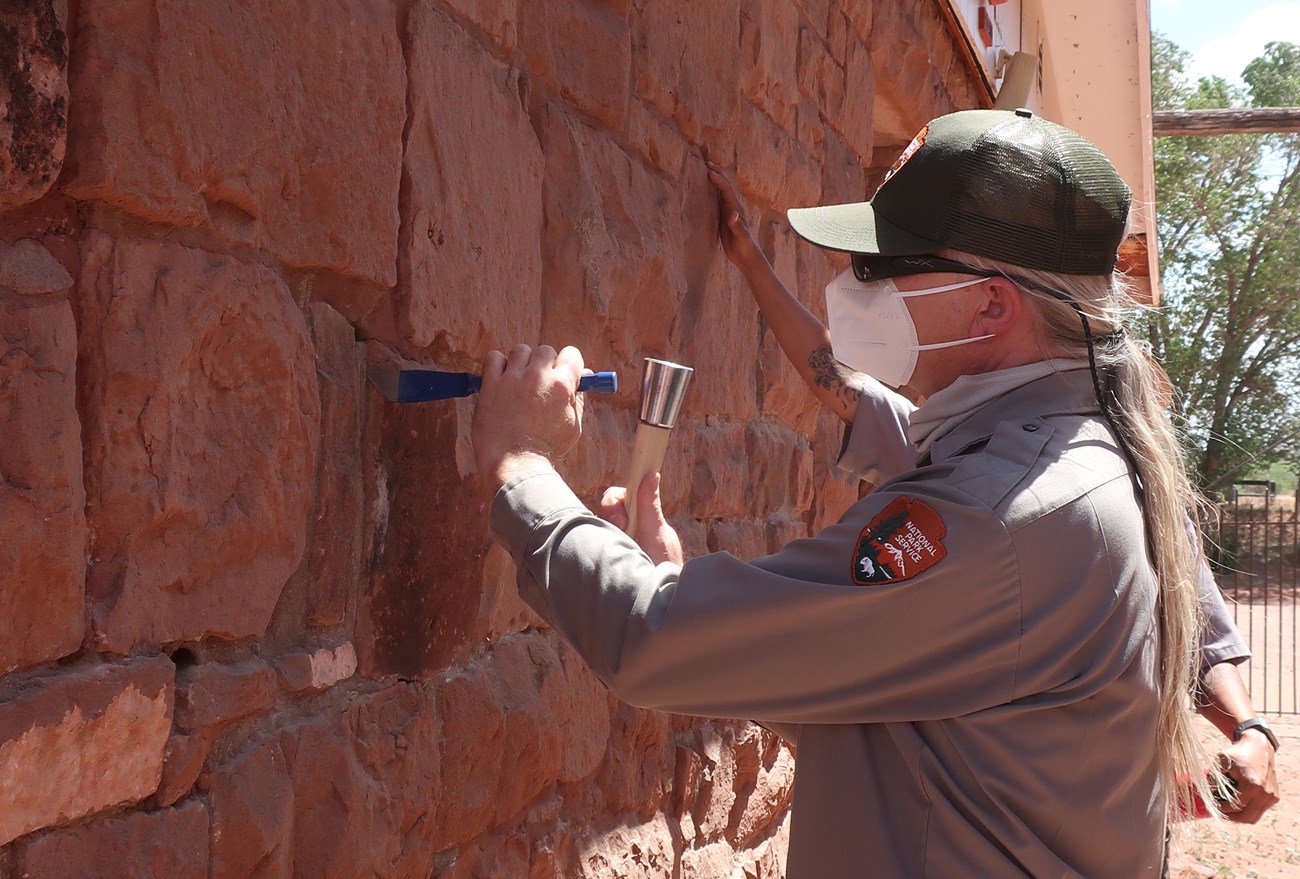High Quality Paver Installation Services to Change Your Outdoor Room
High Quality Paver Installation Services to Change Your Outdoor Room
Blog Article
Opening the Tricks of Lasting Stonework Construction Practices for Eco-Friendly Buildings
Among the myriad techniques to green building, sustainable stonework building stands out as a tried and true and durable technique that holds a wealth of untapped potential. From the option of materials to ingenious construction strategies, the keys to attaining sustainability within stonework building are complex and appealing.
Advantages of Sustainable Masonry Construction
Welcoming lasting stonework building and construction practices not only decreases environmental influence but additionally supplies long-term financial benefits to home builders and neighborhoods. By using products like recycled bricks, obstructs, and stones, builders can significantly lower the carbon impact of their jobs while advertising resource effectiveness. Furthermore, lasting masonry building methods, such as correct insulation and thermal mass properties, can boost power effectiveness within structures, bring about decreased functional expenses over time.
Moreover, the longevity and durability of stonework structures contribute to long-term economic advantages. Structures constructed making use of lasting masonry practices usually call for less upkeep and repair service, equating to set you back savings for home builders and homeowner. The longevity of masonry products also makes sure that frameworks stay stable and protected, minimizing the requirement for constant restorations or replacements.
Eco-Friendly Stonework Materials
Using green masonry products is a pivotal step in the direction of improving the sustainability of construction techniques and lessening environmental influence while making the most of long-term economic advantages. Sustainable masonry materials are sourced, produced, and made use of in a fashion that reduces overall environmental effect. Products such as recycled bricks, redeemed rock, and lasting concrete blocks are becoming progressively preferred selections for eco-conscious contractors. Recycled bricks, as an example, not only draw away waste from landfills but likewise need much less energy to produce compared to brand-new bricks. Recovered stone provides an one-of-a-kind visual charm while decreasing the requirement for new quarrying. Lasting concrete blocks incorporate recycled aggregates and may include better insulation residential or commercial properties, adding to energy performance in buildings.
Furthermore, natural products like adobe, rammed earth, and straw bales provide superb thermal mass buildings, decreasing the need for home heating and cooling power. These materials are often locally offered, advertising regional economic climates and minimizing transportation-related carbon discharges. By choosing eco-friendly stonework products, building tasks can substantially lower their environmental decorative concrete driveway cost footprint and add to the production of much healthier, extra sustainable built atmospheres.
Energy-Efficient Masonry Methods
Power efficiency plays an essential duty in enhancing the sustainability of stonework building practices. One vital energy-efficient masonry method is the use of thermal mass, which includes integrating dense products like concrete or brick right into the building's framework to absorb and save warm.

Innovations in Lasting Stonework
Current innovations in lasting stonework practices have actually caused innovative methods that are reshaping the building and construction sector. One such development is the advancement of self-healing concrete, which utilizes bacteria embedded within the concrete to heal fractures autonomously. This innovation not only reduces upkeep costs but also boosts the durability of stonework frameworks, adding to their sustainability.
An additional remarkable development is using recycled aggregates in stonework building - masonry contractor. By incorporating materials such as smashed ceramic waste or recycled glass right into concrete blends, home builders can lower the ecological effect of construction jobs while keeping structural stability. This technique not just diverts waste from garbage dumps however also saves natural deposits, making it a key advancement in sustainable masonry construction
Moreover, the assimilation of digital design tools, such as Structure website here Info Modeling (BIM), is changing the means masonry structures are prepared and created. Continued BIM permits for more exact computations, lowered product waste, and boosted power efficiency, eventually bring about more lasting structure practices. These innovations collectively symbolize a promising future for lasting stonework construction in the age of green buildings.
Future Trends in Masonry Sustainability
With the ingenious strides made in lasting stonework methods, the future trends in masonry sustainability are poised to more change the construction sector. One of the essential trends shaping the future of masonry sustainability is the increased assimilation of innovation. Improvements such as Building Information Modeling (BIM) and virtual truth simulations are being used to maximize masonry construction procedures, resulting in decreased material waste and improved energy effectiveness in buildings.
Additionally, the growth of unique sustainable materials is readied to play a significant function in enhancing the eco-friendliness of masonry construction. masonry contractor. Advancements like self-healing concrete, recycled accumulations, and bio-based binders are getting grip for their capacity to decrease ecological influence while maintaining structural integrity

Conclusion
Finally, lasting masonry building practices provide numerous advantages for eco-friendly buildings. By making use of green products and energy-efficient strategies, stonework can add to a more sustainable constructed environment. Technologies in lasting stonework are continuously being established to better boost the environmental performance of buildings. Looking towards the future, the fad of masonry sustainability is anticipated to expand, resulting in more environmentally friendly and energy-efficient construction practices in the years ahead.
Report this page